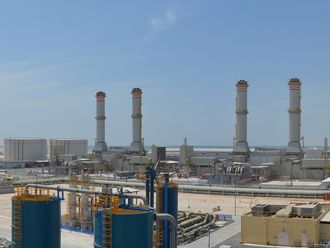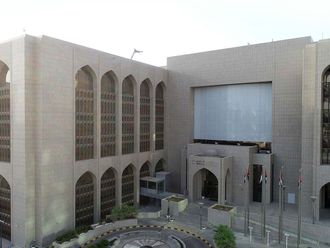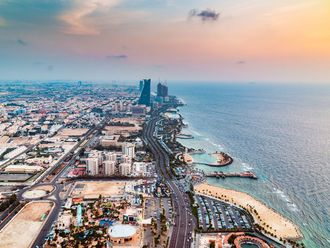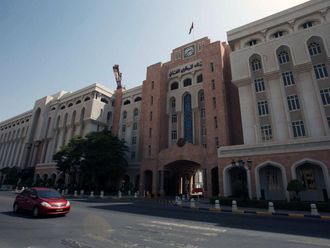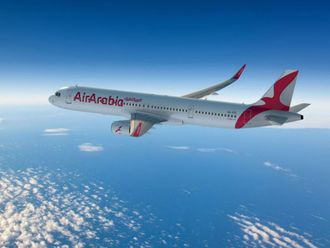Vienna: Opec oil ministers say they have left production targets unchanged in a move to reassure energy-dependent nations just starting to emerge from recession.
The present overall output target is just under 24 million barrels of crude a day. But OPEC nations overproduce, meaning that the 12-nation organisation puts out about 27 million barrels a day — 2 million over the target it agreed to maintain in March.
"All the ministers agree that we should leave the level of production stable," Venezuelan Energy and Oil Minister Rafael Ramirez said on Wednesday in Vienna, where the Organisation of Petroleum Exporting Countries is head-quartered.
Venezuela hopes to see prices to between $90 and $100 a barrel, Ramirez said. Shokri Ganem, chairman of Libya's National Oil, said he wants crude to rise to $100 by the end of the year.
Global oil demand will be higher than previously estimated for this year and the next, the International Energy Agency said on Wednesday in a report.
Recent strength in nations of the Organisation for Economic Cooperation and Development "contained quirks which suggest it may not persist," according to the Paris-based energy adviser.
"It is unclear whether the recovery will be sustainable, notably in the US."
While demand is slowly rising commercial stockpiles remain high and the group should increase production only when it becomes clear that demand is overtaking supply, said an Arabian Gulf oil official, speaking on condition of anonymity.
Kuwaiti Oil Minister Shaikh Ahmad Al Abdullah Al Sabah said the group "will maintain" current quotas, echoing comments from his Libyan and Qatari counterparts.
"We're not going to touch the quotas because my feeling is that we should maintain whatever was decided in 2008," Angolan Oil Minister Jose Maria Botelho de Vasconcelos said in an interview. "We're still gaining advantage despite the weakening of the dollar."
Opec, which supplies 40 per cent of the world's oil, is benefiting as prices stay above the $70-to-$80-a-barrel band that Saudi Arabian Oil Minister Ali Al Naimi said on Monday is "ideal."
Crude climbed for a second day, rising as much as 0.9 per cent to $83.75 a barrel in electronic trading on the New York Mercantile Exchange, extending a 1.6 per cent gain Wednesday. It was at $83.71 a barrel at 8.48am Singapore time.
Oil has gained 4.5 per cent so far this month as the dollar weakened three per cent against the euro. The Chinese yuan last week climbed to its strongest level against the dollar since 1993. Oil consumption worldwide will average 86.9 million barrels a day in 2010 and 88.2 million barrels a day in 2011, the IEA said in its monthly Oil Market Report. That's 300,000 barrels a day more than last month's forecast for both years.
Balancing act
The IEA raised its estimate of the amount of oil Opec producers will need to provide to balance world supply and demand. Its new estimate is an average of 29.3 million barrels a day for next year, or 100,000 barrels a day more than the agency's estimate for 2010.
"We'll be asking for more compliance," Shaikh Ahmad said in Kuwait as he departed for the meeting.
Opec raised production by five per cent from a five-year low in March 2009, and now exceeds its own target by 1.9 million barrels a day, about the same amount as Angola alone produces. Output from the 12 members was 29.1 million barrels a day in September, according to Bloomberg estimates.



